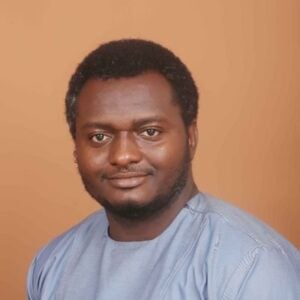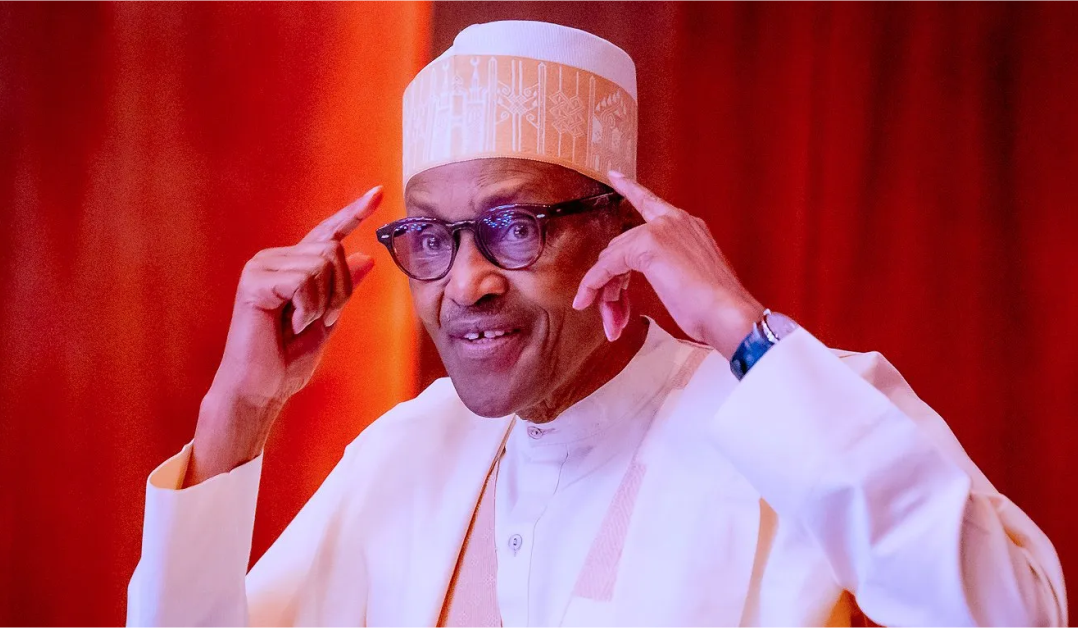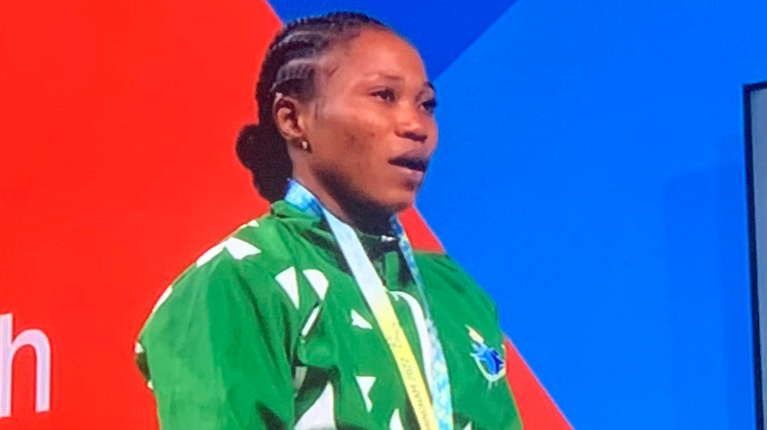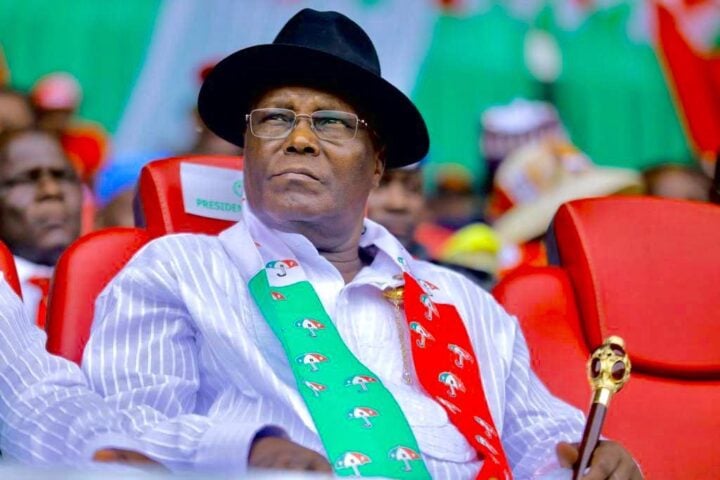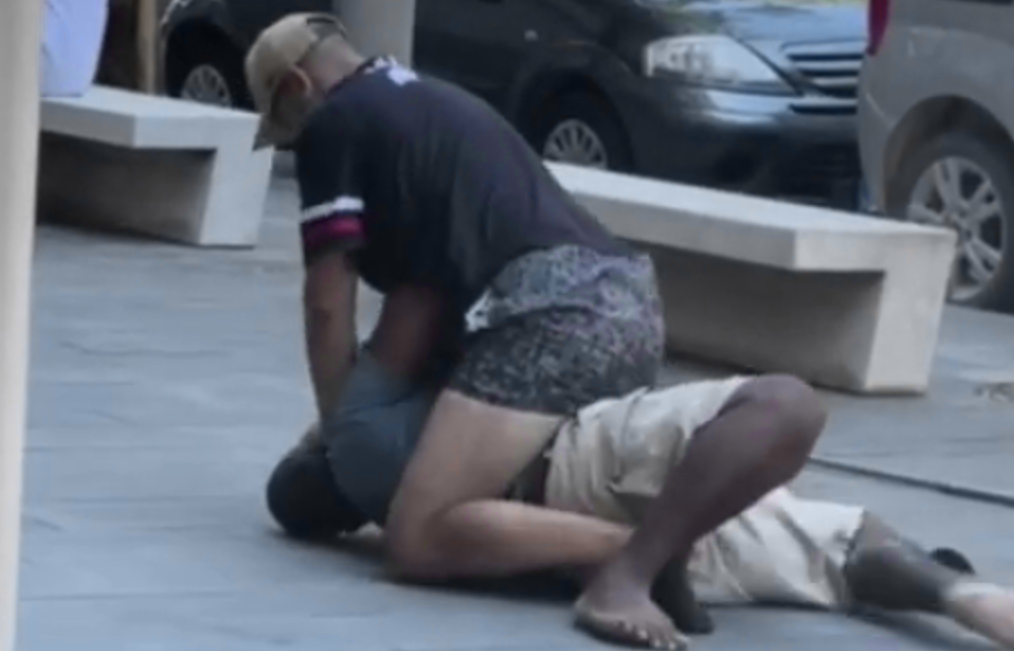In a recent interview with Arise TV, Atiku Abubakar, former vice-president and presidential flagbearer of the Peoples Democratic Party (PDP), made multiple claims relating to his plans for Nigeria and his track record in public service.
TheCable checked some of the claims, and here is what we found.
CLAIM 1: Abraham Lincoln, one of America’s famous leaders, contested the presidency five to six times before he eventually won.
VERDICT: False.
Advertisement
Abraham Lincoln never contested the presidential election five or six times as Atiku claimed.
Lincoln won his first bid for the presidency in 1860 and was re-elected in 1864.
He was the 16th president of the United States. He was assassinated at Ford’s Theatre, Washington DC by John Wilkes Booth. He died the following day on April 15, 1865.
Advertisement
CLAIM 2: There is no law stopping public officers from doing business in Nigeria.
VERDICT: False. The Nigerian legislation does not permit full-time public officers to run businesses, save for farming.
Section 6(b) of the Code of Conduct Bureau (CCB) and Tribunal Act only allows public servants to engage and participate in running a farm, either subsistence or commercial.
The same provision is found in sections 2 (a) and (b) of the fifth schedule to the 1999 Constitution.
Advertisement
Timi Olagunju, a legal practitioner and policy analyst, told TheCable that section 6 of the Code of Conduct Bureau (CCB) and Tribunal Act is quite clear on the matter.
“The CCB is an act of parliament backed by the constitution. It is legislation, not a subsidiary or a by-law. Section 6 clarifies that a public office holder, shall not engage or participate in any private business, trade, or profession, except for farming, basically to promote agriculture,” he said.
“It is important to note that the law provides an exemption. The public officer can engage in private business if he is employed on a part-time basis.”
Olagunju however noted that in his years of practice, he is yet to see a public officer get convicted for running a business while occupying a public office.
Advertisement
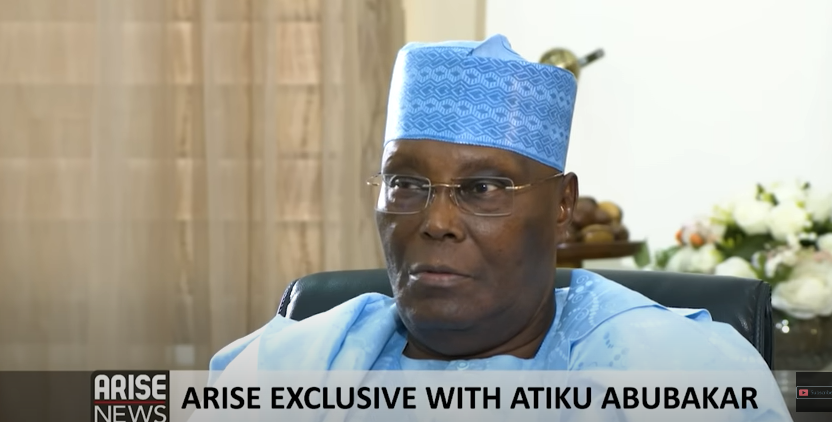
CLAIM 3: Egypt has a population of about 80 million, and more than two million policemen.
Advertisement
VERDICT: Both claims are false.
There is no substantial evidence to back the claim that Egypt has two million police officers.
Advertisement
According to the 2015 Home Office analysis of the Egyptian armed forces, the Egyptian National Police Force has approximately 350,000 personnel responsible for law enforcement and maintaining public order across the country.
The total strength of Egypt’s armed forces was estimated, in September 2014, at 458,500 (army: 340,000, air force: 100,000, navy: 18,500), with a total of 479 000 reserves.
Advertisement
The total sum of all the armed forces of Egypt is still less than Atiku’s “two million” figure.
According to a 2017 report released by Worldatlas, which listed the top thirty countries by number of police officers, China came top with 1.6 million, followed by India and the United States with 1,585,353 and 913,161 respectively.
No country in the top 30 had two million police officers — and Egypt was not on the list compiled by Worldatlas.
Meanwhile, according to the United Nations Population Fund (UNFPA), Egypt’s current population stands at 106.2 million and not 80 million.
CLAIM 4: The oil sector represents 20 percent of Nigeria’s GDP.
VERDICT: The claim is false.
Data made available by Statista showed that between the fourth quarter of 2018 and the third quarter of 2021, the contribution of the oil sector to the country’s GDP was less than 10 percent.
TheCable also checked data released by the National Bureau of Statistics (NBS), and found that the highest oil sector contribution between 2019 and 2021 was 9.77 percent — in the third quarter of 2019.
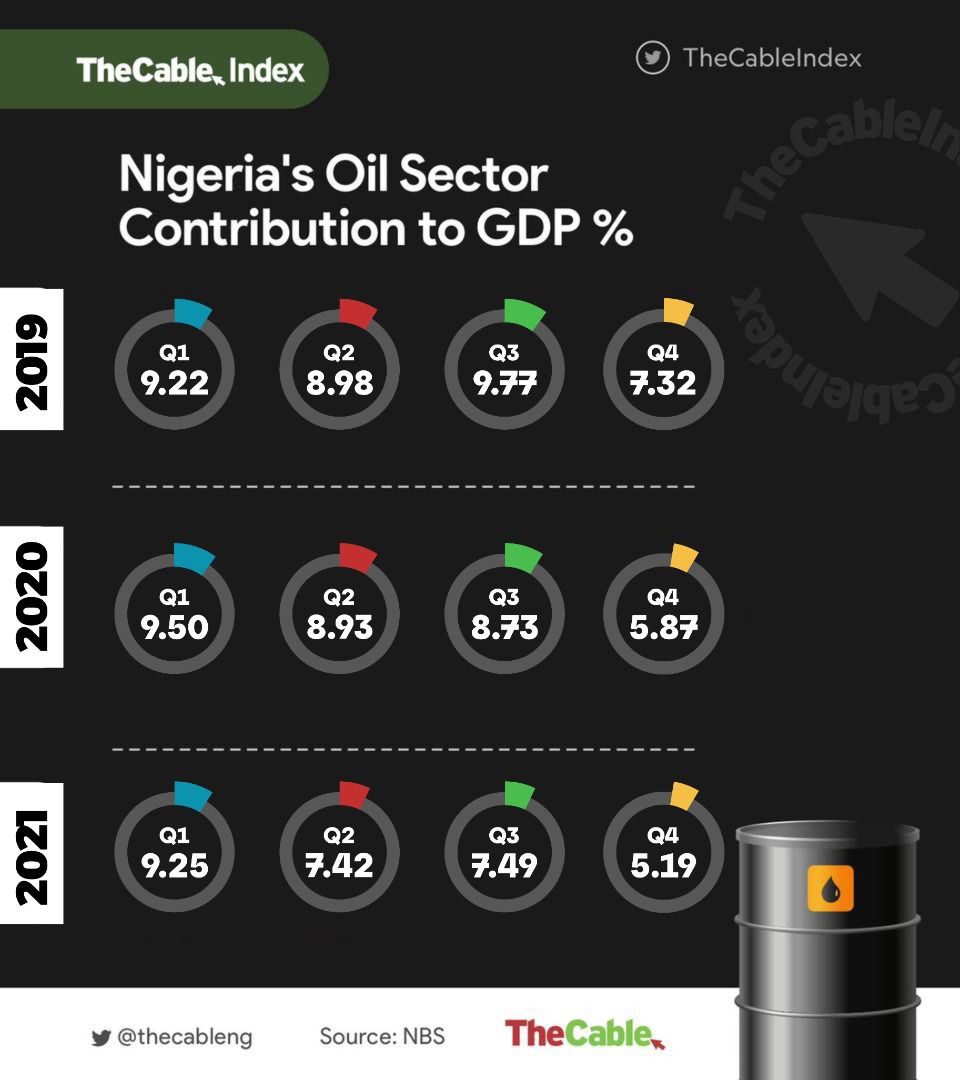
In 2021, the oil sector’s contribution to the GDP declined to 7.24 percent, a drop from 8.16 percent in 2020.
From available data, checks by TheCable show that in the last three years, the oil sector has repeatedly contributed less than 10 percent to Nigeria’s GDP.
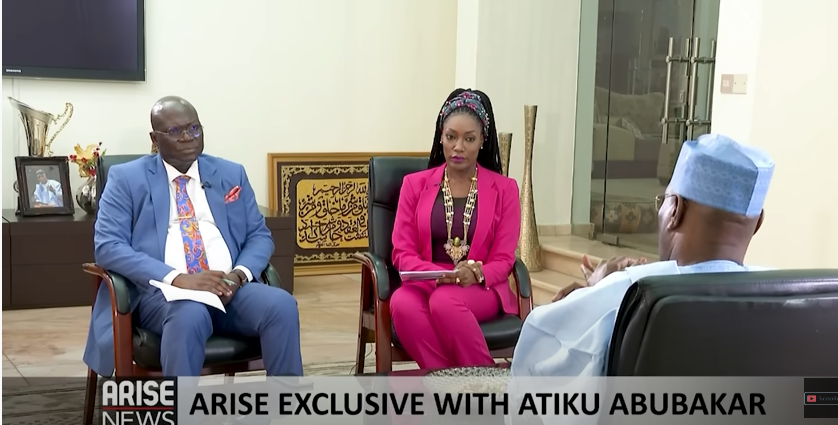
CLAIM 5: There are 17 security outfits in the country, all headed by a section of the country.
VERDICT: This claim is False.
Checks by TheCable showed that most of the heads of security agencies are from northern Nigeria.
However, a few of the security agencies are headed by southerners and they include; the defence intelligence agency, headed by Samuel Adebayo, who is from Ekiti (south-west). Also, Lucky Irabor, the chief of defence staff, is from Delta state (south-south). Oladayo Amao, the current chief of air staff, is from Osun (south-west).
| S/N | Security agency | Head of agency | State of origin | Geo-political zone |
|---|---|---|---|---|
| 1. | State Security Services (SSS) | Mr. Yusuf Magaji Bichi | Kano state | North-west |
| 2. | National Intelligence Agency (NIA) | Abubakar Ahmed Rufai | Katsina state | North-west |
| 3. | Defense Intelligence Agency (DIA) | Samuel Adebayo | Ekiti state | South-west |
| 4. | Chief of Defence Staff | General Lucky Irabor | Delta state | South-south |
| 5. | Nigerian Army | Faruk Yahaya (Chief of Army Staff) |
Sokoto state | North-west |
| 6. | Nigerian Navy | Awwal Zubairu Gambo (Chief of Naval Staff) | Kano state | North-west |
| 7. | Nigerian Air Force | Oladayo Isiaka Amao (Chief of Air Staff) | Osun state | South-west |
| 8. | Nigeria Police Force (NPF) | Usman Alkali Baba (Inspector General of Police) | Yobe State | North-East |
| 9. | Nigeria Customs Service | Col. Hameed Ibrahim Ali (Rtd.) | Bauchi state | North-east |
| 10. | Nigerian Correctional Service | Haliru Nababa (Controller-General) | Sokoto state | North-west |
| 11. | Nigerian Security and Civil Defense Corps (NSCDC) | Ahmed Abubakar Audi (Commandant General) | Nasarawa state | North-central |
| 12. | Nigeria Immigration Service | CGI Isah Jere Idris (Comptroller General of Nigerian Immigration.) | Kaduna state | North-west |
| 13. | National Drug Law Enforcement Agency (NDLEA) | Brig. Gen. Mohamed Buba Marwa (Rtd.) | Adamawa state | North-east |
| 14. | Economic and Financial Crimes Commission (EFCC) | Abdulrasheed Bawa | Kebbi state | North-west |
| 15. | Independent Corrupt Practices and Other Related Offences Commission (ICPC) | Professor Bolaji Owasanoye SAN | Ondo state | South-west |
| 16. | National Security Adviser | Babagana Monguno | Borno state | North-east |
Additional reporting by Claire Mom and Elizabeth Ogunbamowo.
Editor’s note: The verdict for the fifth claim has been edited to false after an in-house review.
Add a comment
